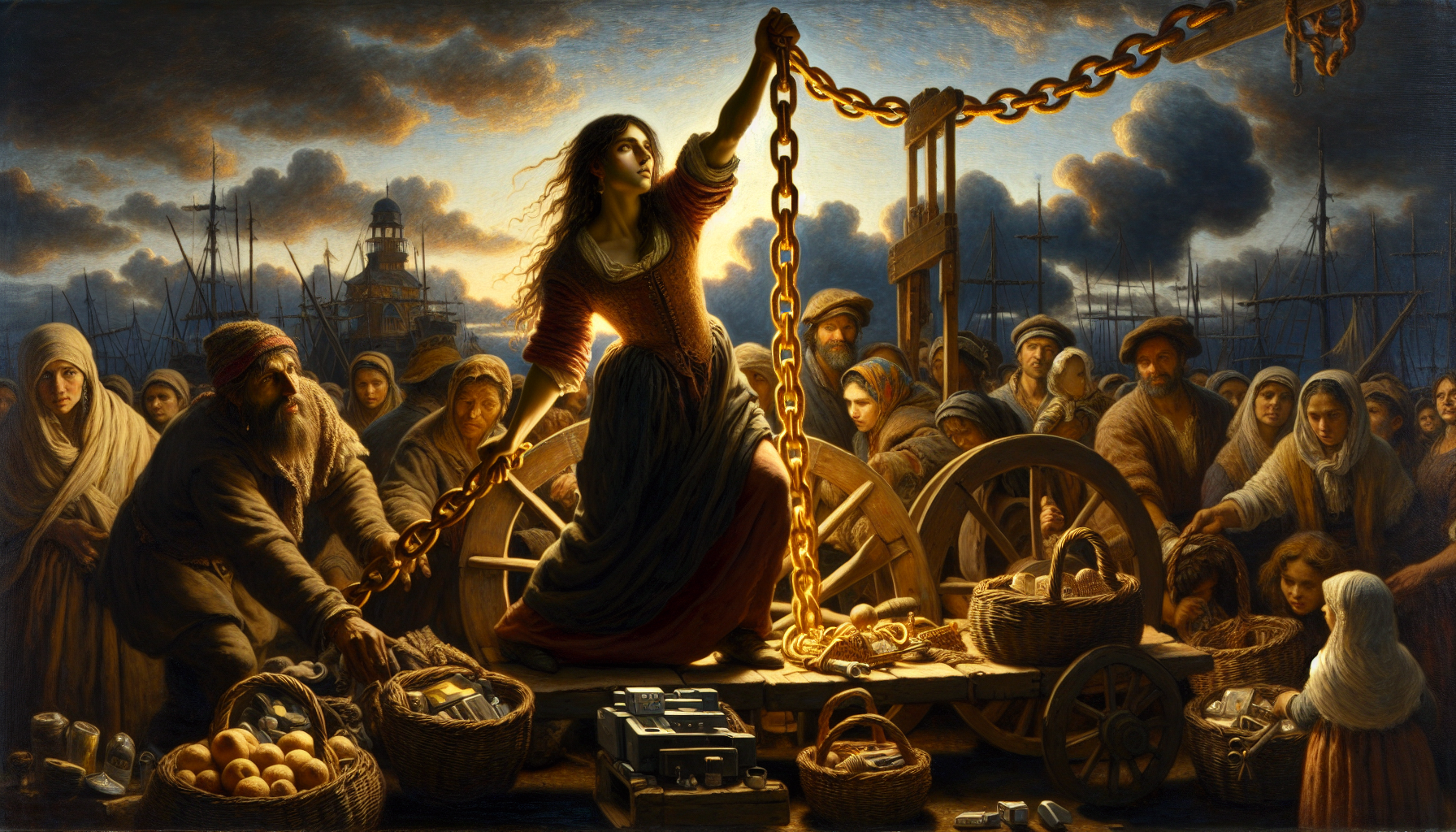🦅 Executive Branch |
White House |
-
On July 30, 2025, President Donald J. Trump signed an executive order that stops the usual rule allowing small shipments from any country to enter the United States without paying import taxes, called “duty-free de minimis treatment.” This change affects all shipments coming into the U.S., except those sent through the international postal system, which will face new fees starting August 29, 2025. The order says this action is needed because of ongoing national emergencies related to illegal drugs and trade problems involving Canada, Mexico, China, and other countries. The government claims that stopping duty-free treatment will help make sure tariffs (extra taxes on imports) work properly and prevent people from hiding illegal goods in low-value shipments. The order uses powers from several laws, including the International Emergency Economic Powers Act, and directs customs officials to collect these duties and enforce new rules to address these threats. Read full document →
-
On July 30, 2025, President Donald J. Trump officially sent a list of people he wants the Senate to approve for important government jobs. These jobs include lawyers who work for the government in different parts of the country, leaders in the Defense and Transportation Departments, a member of the group that watches over nuclear safety, and a top official at the Environmental Protection Agency. Each person is named with their home state and the length of their job term, such as four years for some U.S. Attorneys. This action matters because these officials help run key parts of the government and make decisions that affect public safety, law enforcement, and environmental rules. The President is using his power to pick these people, but the Senate must agree before they can start working. Read full document →
-
On July 30, 2025, President Donald J. Trump issued a proclamation that puts a 50 percent tax (tariff) on certain imported copper products starting August 1, 2025. This affects companies that bring in semi-finished copper and copper-based products into the United States. The proclamation says this action is needed because, according to a government report, too much copper is being imported in a way that could hurt U.S. national security by weakening the country’s ability to make important defense and industrial items. The government plans to watch the copper market and may add more taxes on refined copper starting in 2027 if needed. The goal, as stated, is to help U.S. copper producers, protect jobs, and keep important materials available for defense and infrastructure. However, these claims come from the administration’s report and have not been independently verified here. Read full document →
-
On July 30, 2025, President Donald J. Trump issued an executive order declaring a national emergency because, according to the order, the government of Brazil has taken actions that threaten the United States’ security, economy, and free speech rights. To respond, the order imposes a new 40% tax (called a tariff) on many products imported from Brazil, starting seven days after the order, with some exceptions like certain metals, aircraft parts, and medicines. This tariff affects Brazilian exporters and U.S. companies that import Brazilian goods. The order says these measures are necessary because Brazilian officials, including a Supreme Court justice, have allegedly forced U.S. social media companies to censor lawful speech and have politically targeted a former Brazilian president, which the order claims harms U.S. interests and human rights. The order also allows U.S. officials to adjust the tariffs if Brazil retaliates or changes its behavior. This action matters because it uses trade policy and emergency powers to address what the U.S. government describes as foreign interference in American free speech and political rights, potentially impacting trade relations and diplomatic ties with Brazil. Read full document →
|
|
|

